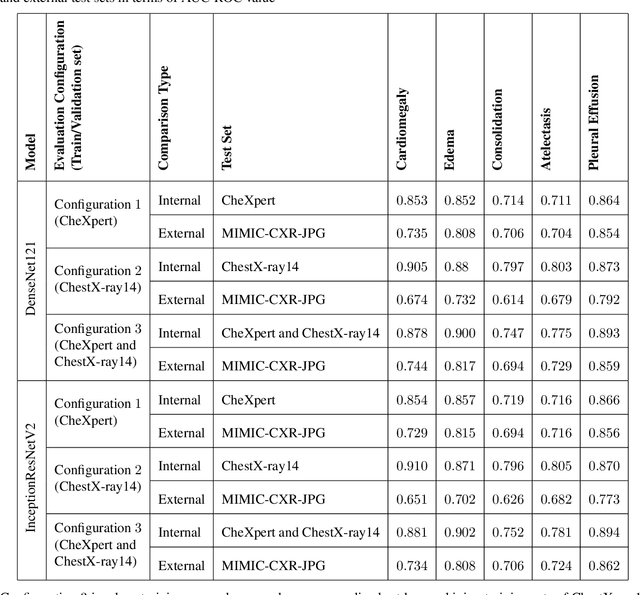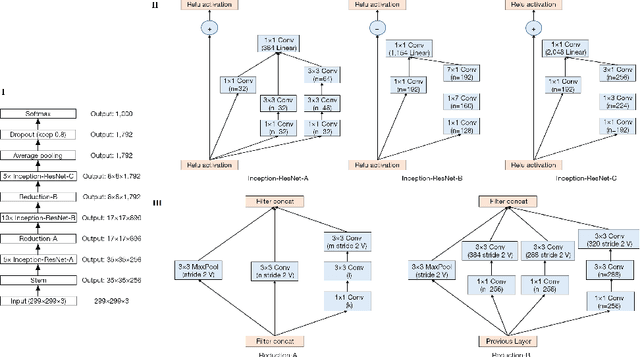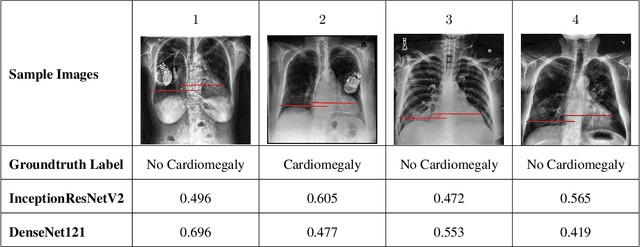Generalization of Deep Convolutional Neural Networks -- A Case-study on Open-source Chest Radiographs
Paper and Code
Jul 11, 2020



Deep Convolutional Neural Networks (DCNNs) have attracted extensive attention and been applied in many areas, including medical image analysis and clinical diagnosis. One major challenge is to conceive a DCNN model with remarkable performance on both internal and external data. We demonstrate that DCNNs may not generalize to new data, but increasing the quality and heterogeneity of the training data helps to improve the generalizibility factor. We use InceptionResNetV2 and DenseNet121 architectures to predict the risk of 5 common chest pathologies. The experiments were conducted on three publicly available databases: CheXpert, ChestX-ray14, and MIMIC Chest Xray JPG. The results show the internal performance of each of the 5 pathologies outperformed external performance on both of the models. Moreover, our strategy of exposing the models to a mix of different datasets during the training phase helps to improve model performance on the external dataset.
 Add to Chrome
Add to Chrome Add to Firefox
Add to Firefox Add to Edge
Add to Edge